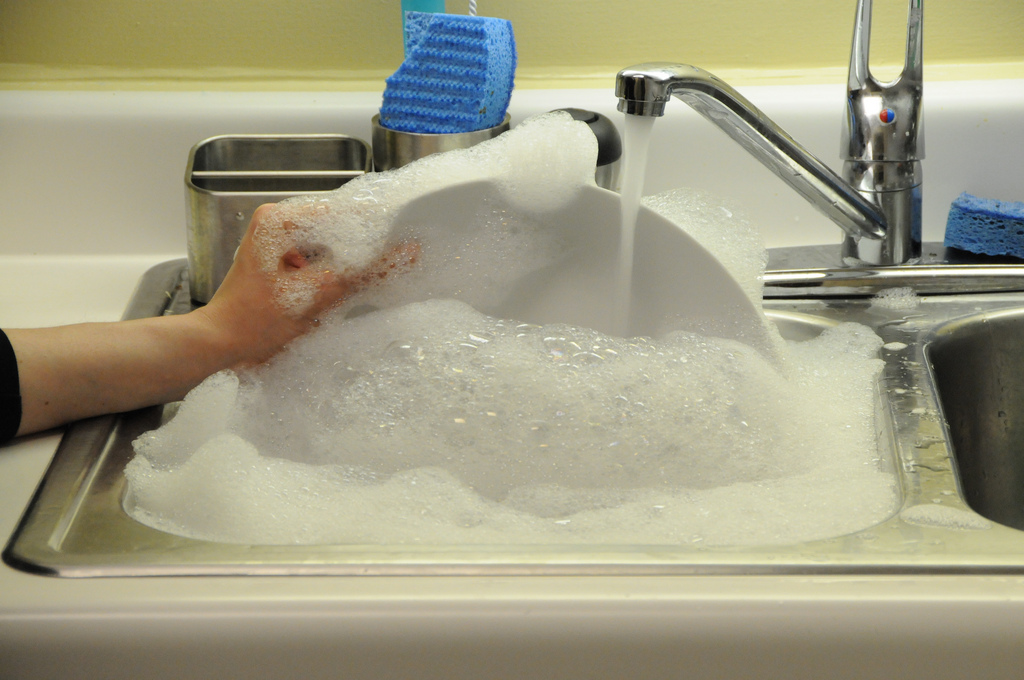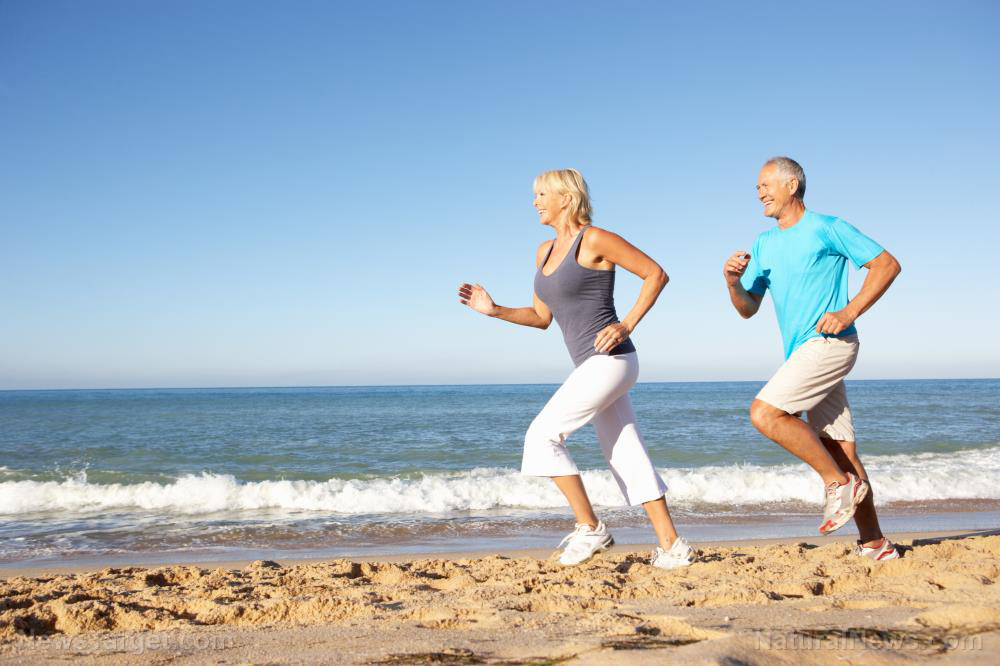Fight anxiety and depression by running
02/20/2019 / By Isabelle Z.

If you’re feeling depressed or anxious, going outside for a run is probably the furthest thing from your mind. It can be hard to get motivated when you’re stuck in a rut, but it is well worth making the effort because running can be a powerful tool in the fight against anxiety and depression.
Getting out there in the first place is the most difficult part; many people find that once they start running, it feels so good that they don’t want to stop. Start by promising yourself you’ll run for just five minutes, and there is a good chance you’ll surprise yourself and end up running for even longer. If you need further motivation, here is a look at the ways in which running can help those who are experiencing depression and anxiety.
It gives your endorphins a boost: Running is not just physical; it can also spur mental changes within your body. In fact, many people experience what is known as a “runner’s high.” This occurs when your body releases endorphins, leaving you feeling calm yet elated after a run. This mood boost is a big reason many people who try running end up doing it regularly.
It alleviates stress: Stress often goes hand in hand with anxiety and depression, and it is also the root of many physical health conditions. Running can help reduce stress-related health problems, and it can even help give you a more positive outlook in general. It can be thought of as “burning away” stress-inducing chemicals like norepinephrine and cortisol while releasing not only feel-good endorphins but also serotonin and dopamine. This can help foster a sense of security and safety to counteract the pessimism and negative self-talk that accompanies depression, anxiety and stress.
It makes you feel good about yourself: Running helps you get into good physical shape. When your clothes fit well and you’re pleased with the shape of your body, you will feel good about yourself. This boosts your self-confidence, thereby chipping away at the feelings of worthlessness and inadequacy that often underpin depression and anxiety. Moreover, if you run with a friend or group, it can also increase your social interaction, giving your self-esteem an additional boost.
It gives you a purpose: Having routines can be a great way to get out of a rut, and running can renew your sense of purpose by giving you that stability and something to look forward to. Moreover, it enables people to “switch off” from negative thoughts and worries. This is particularly true if you try to practice mindfulness while running – focus on the sensation of your shoes hitting the pavement or dirt, the sound of the birds chirping around you, and the gentle sway of the branches moving in the wind.
It works better than antidepressants: Your doctor might be quick to pull out the prescription pad when you show up with symptoms of depression, but there are plenty of reasons you don’t want to go that route. Besides the fact that these drugs increase your suicide risk and are behind many of the mass shootings in recent years, they simply aren’t as effective as running. In fact, more than 92 percent of antidepressants do not actually relieve symptoms. Exercise, meanwhile, has been shown to bring about a significant reduction in the symptoms of depression in study after study thanks to the aforementioned endorphin release. A Michigan State University study found that exercising for just half an hour twice a week was enough to make a big difference in depression symptoms.
As you can see, there are so many great reasons to get out there and start running! You might even find that your depression and anxiety disappear once you start running regularly. After all, clinical trials from Harvard Medical School have successfully eliminated clinical depression and anxiety disorders through exercise, and experts there say that just 20 minutes of movement are enough to reduce stress and clear the mind. Even if it doesn’t end up being a complete panacea for you, you will surely note improvements in your mood.
Sources:
Tagged Under: Anxiety, depression, exercise, fitness, mental health, running, slender




















